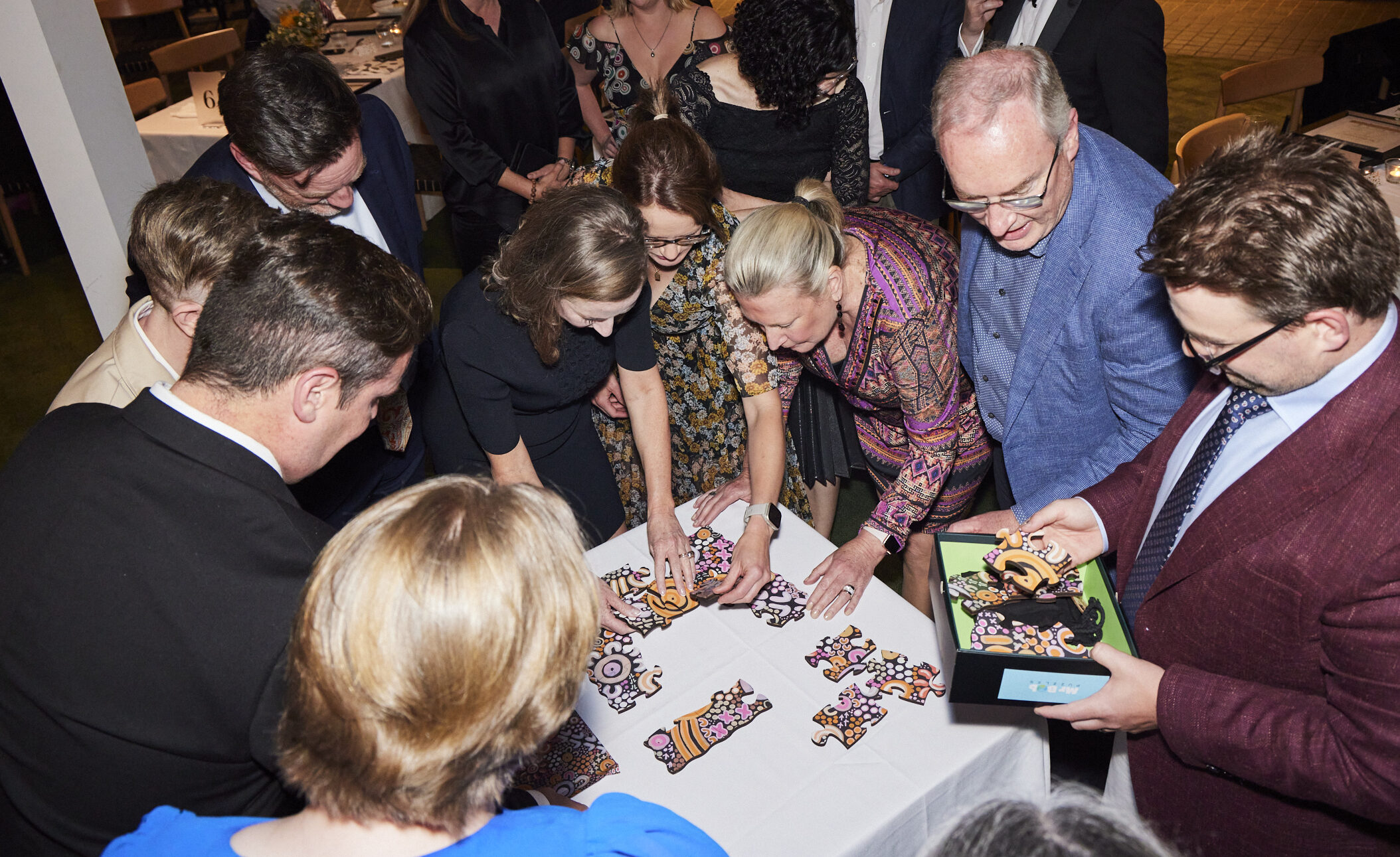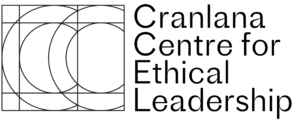When asked to consider whether you’re ethical at work, you may think the answer is simple – but how might you approach the complex grey area of an ethical dilemma, in which there is no clear or easy answer? In this article for ABC RN’s This Working Life, experts including Vanessa Pigrum, CEO of Cranlana Centre for Ethical Leadership, consider three ethical dilemmas and share their thinking when coming to an ethical conclusion.
Mr Burfoot says it’s such a big question that he has to refer all the way back to Socrates. “Socrates is a big person in the field of ethics and he described it as ‘what ought one to do?’,” he tells RN’s This Working Life.
“‘What ought’ means we have a choice about what we do. ‘One’ means it’s not what you or I would do in that situation, it’s what anybody should do in that situation. And ‘do’ is about action — it’s about how your thoughts manifest in the world.”
Mr Burfoot says in a workplace setting, ethics are about “making decisions that align with your values and those of the organisation”.
Vanessa Pigrum, the chief executive of the Cranlana Centre for Ethical Leadership in Melbourne, believes language is one of the biggest challenges around defining ethical frameworks. “Some of the language is very abstract which can give the impression that ethics is this completely cool rational system to apply to the decisions in front of you,” Ms Pigrum says.
“Ethics wraps up everything including your fears, your anticipation, your motivations — all of these things make it very complex, and equally an emotional decision as it is a rational one.”
Ms Pigrum says the first step when you’re feeling ethically torn is to ask what the facts are and consider the choices — even the “unpalatable” ones. “Often we dismiss the choice that we could say no to something. We need to really consider that that is a real choice,” she says.
via ABC Radio National, September 2019. Read the full article here.
Cranlana Centre for Ethical Leadership’s programs include the 2 day Executive Ethics, 6 day Executive Colloquium and year-long Vincent Fairfax Fellowship. We also deliver online and tailored corporate programs. Find the right program for you. They are all held under the Chatham House Rule to encourage genuine and open debate, and allow participants to candidly discuss sometimes sensitive issues in private while allowing the topic and nature of the debate to be made public, and contribute to a broader conversation. The alumni program offers ongoing leadership development support and a lifelong connection with Cranlana.
Photo by Nika Benedictova on Unsplash
Share This Story
Related articles
The Cranlana Method
We don’t teach leadership skills. Instead, we help leaders apply the skills they already have more wisely – by building clarity of purpose and ethical courage. Drawing on a rich history of philosophical wisdom, they encourage fresh and considered approaches to challenges – offering insights that, for many participants, will fundamentally transform their concept of leadership. Our courses are dialogue-based and immersive, bringing small groups of high-level leaders together for discussions that are wide-ranging and expertly guided. They are rigorous, in-depth and practical, providing high-level learning experiences and understanding to strengthen your capabilities as an effective and ethical leader.
Interested in discovering more?




